By Colin Drury
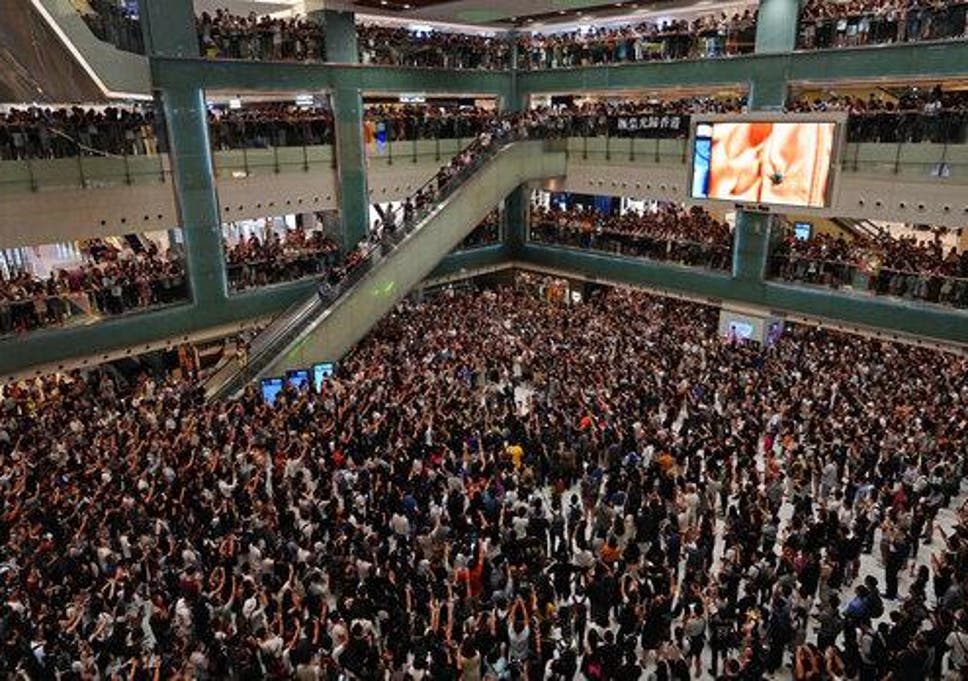
Hong Kong citizens sing protest karaoke at a city shopping mall
It is a fight against the threat of oppression that has seen months of violence, transport shutdowns and mass demonstrations.
Now pro-democracy protestors in Hong Kong are hoping a new – and somewhat unorthodox – tactic will help win the fight against the perceived erosion of rights in the semi-autonomous Chinese territory.
Mass singalongs.
Thousands of citizens have spent three nights straight gathering peacefully in the city’s largest shopping centre to belt out a new protest anthem, “Glory to Hong Kong”.
The anonymously penned song celebrates the island territory’s much-cherished freedoms and vows its people will not surrender to tyranny.
Singing demonstrators, including families, students and senior citizens, have spent Monday, Tuesday and Wednesday crowded across every single floor of the New Town Plaza bursting into chorus, while local media report such outbreaks of song have also occurred at four other city shopping centres.
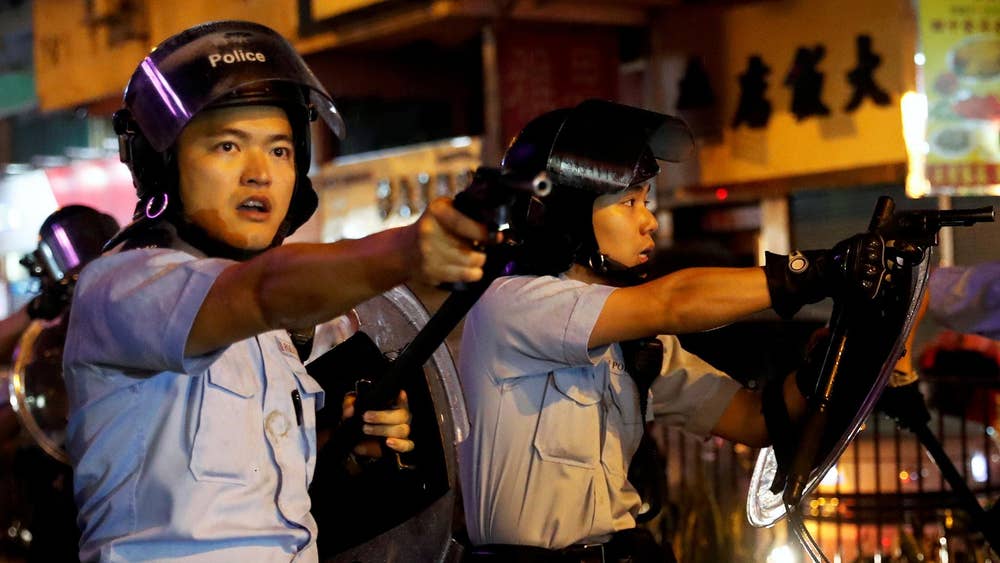
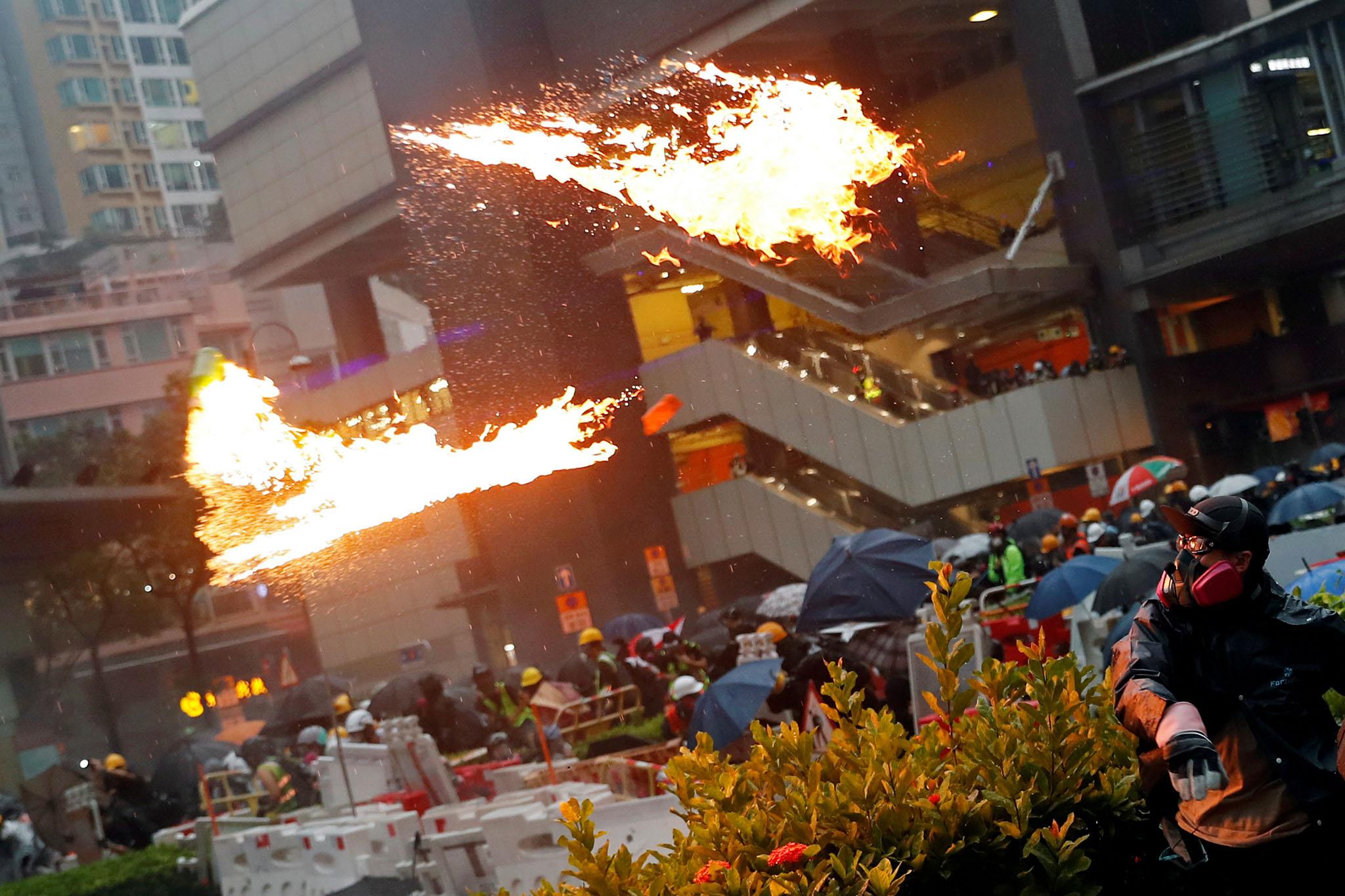
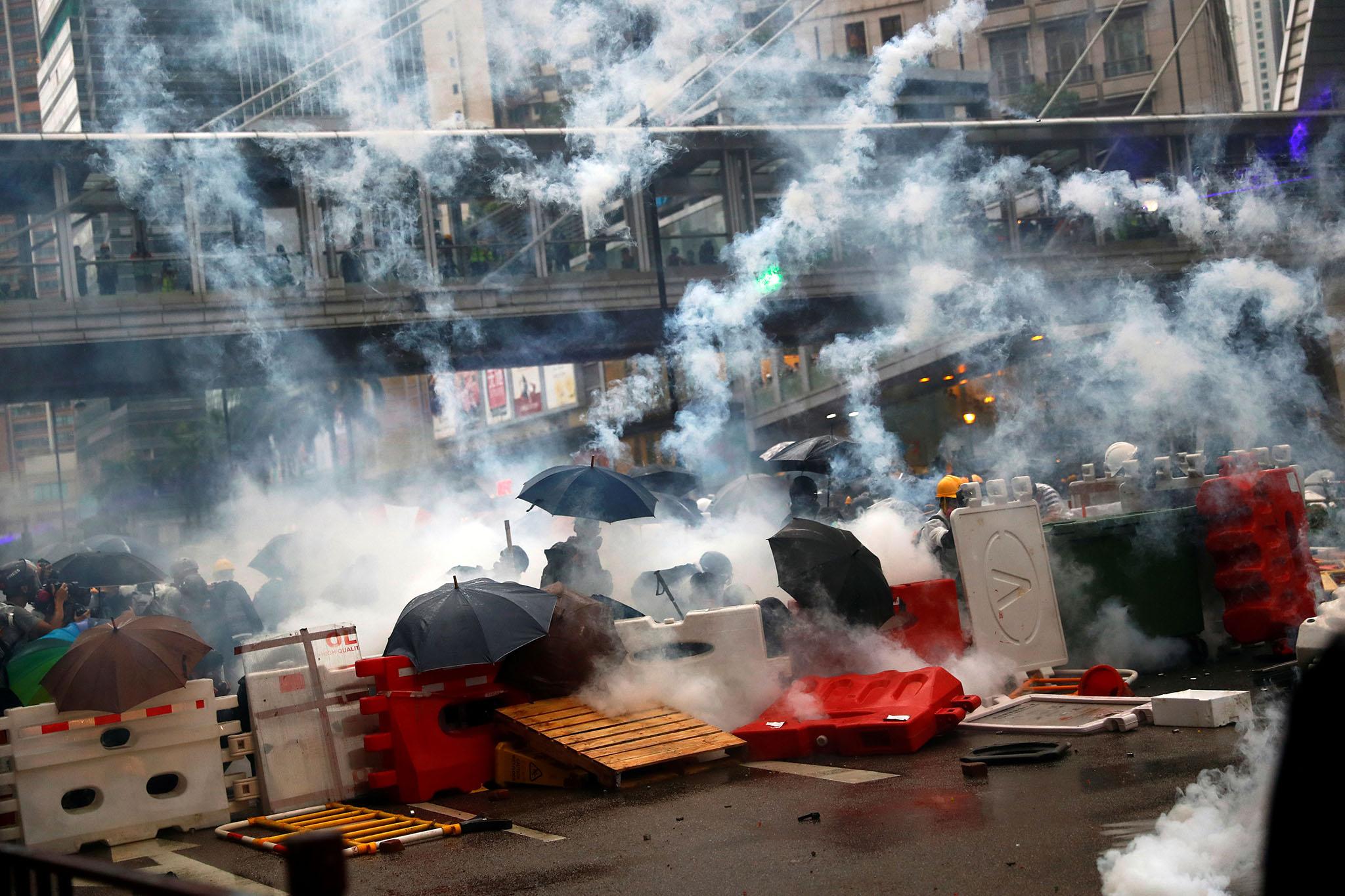
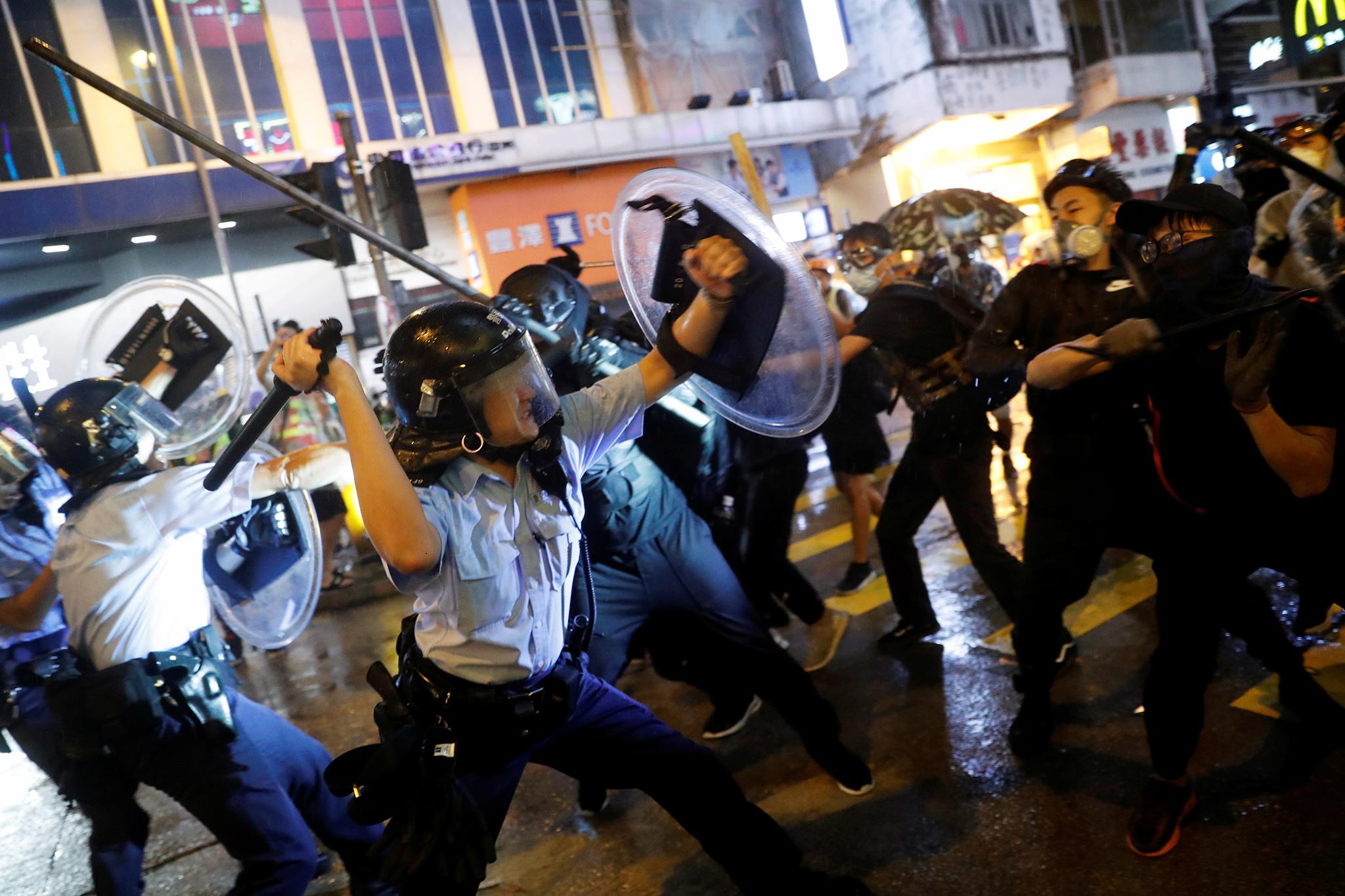
Police have been absent and the karaoke-style protests dispersed peacefully, the AP news agency reported.
Hong Kong’s long summer of protests was initially sparked in opposition to a bill which would have made it easier to extradite people to China – essentially allowing the Chinese government to target political opponents in the city.
But the demonstrations have since widened to demand an end to the ongoing erosion of the territory’s political freedoms – enshrined under the One Country Two Systems principle.
In particular, activists are concerned by Beijing’s growing influence over the city’s government, police, education system and media, and their demands now include calls for direct elections in the city and police accountability.
A mass new demonstration has been set for Sunday – although questions over whether it will go ahead have now been raised after police said the proposed route was banned.
Coordinator Bonnie Leung said authorities had told organisers, the Civil Human Rights Front, the protest march would not be allowed because it passed too close to police headquarters, government offices and several subway stations.
She said: “We create a safe zone for people to protest. Our marches are Hong Kong people giving a chance to the government to end the crisis peacefully but, now, they have closed the valve to release public anger. It’s like declaring war to peaceful protesters.”
She added she believed authorities were trying to provoke protesters to carry out illegal gatherings in an attempt to find an excuse to crack down and arrest people.
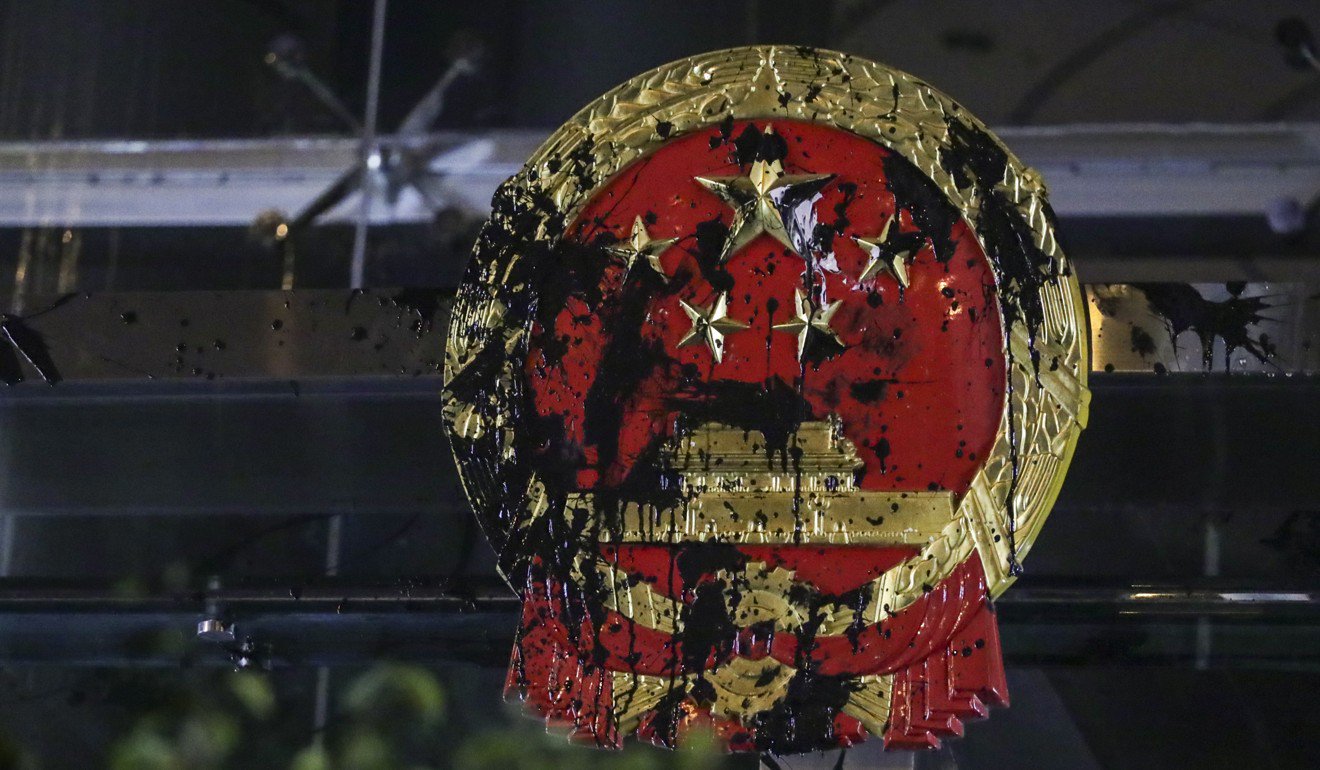
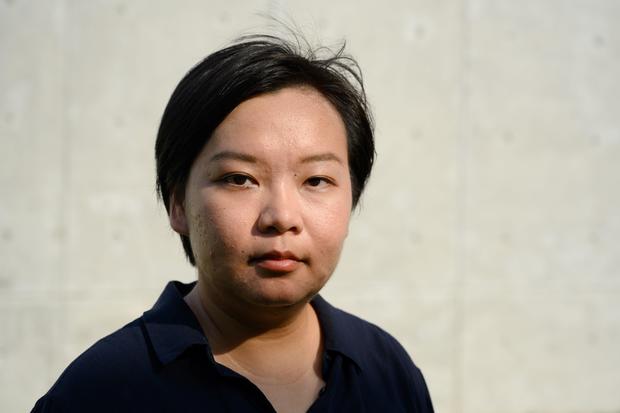 Bonnie Leung, vice convenor of the Civil Human Rights Front (CHRF), is seen during an interview in Hong Kong, August 20, 2019.
Bonnie Leung, vice convenor of the Civil Human Rights Front (CHRF), is seen during an interview in Hong Kong, August 20, 2019.